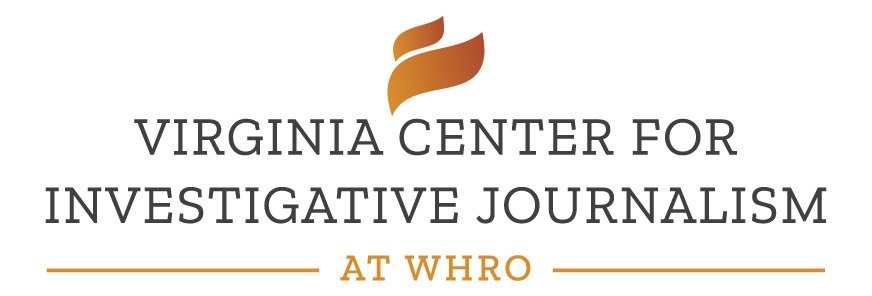After years as a street photographer, Eze Amos turned his lens on the upheaval in his adopted hometown of Charlottesville.
In 2017, Amos photographed the series of demonstrations and protests leading up to the violence of the Unite the Right rally.
He captured the quaint college town’s quick transformation into a frenzied battlefield on August 12. He shot defining photos of James Fields, the white supremacist who drove a car through peaceful protesters on the mall, killing Heather Heyer.
Amos took more than 9,000 photos of the demonstrations, searing violence and ensuing public ceremonies. And then, he ignored them for years.
“That left a big, big, big black eye on the community,” said Amos, a 47-year-old native of Nigeria. “That's stuff that we're still living with today.”
He revisited the photographs several months ago, just before the fifth anniversary of the demonstrations. He discovered, amidst the violence, moments of humanity, fellowship and strength.
Read more
